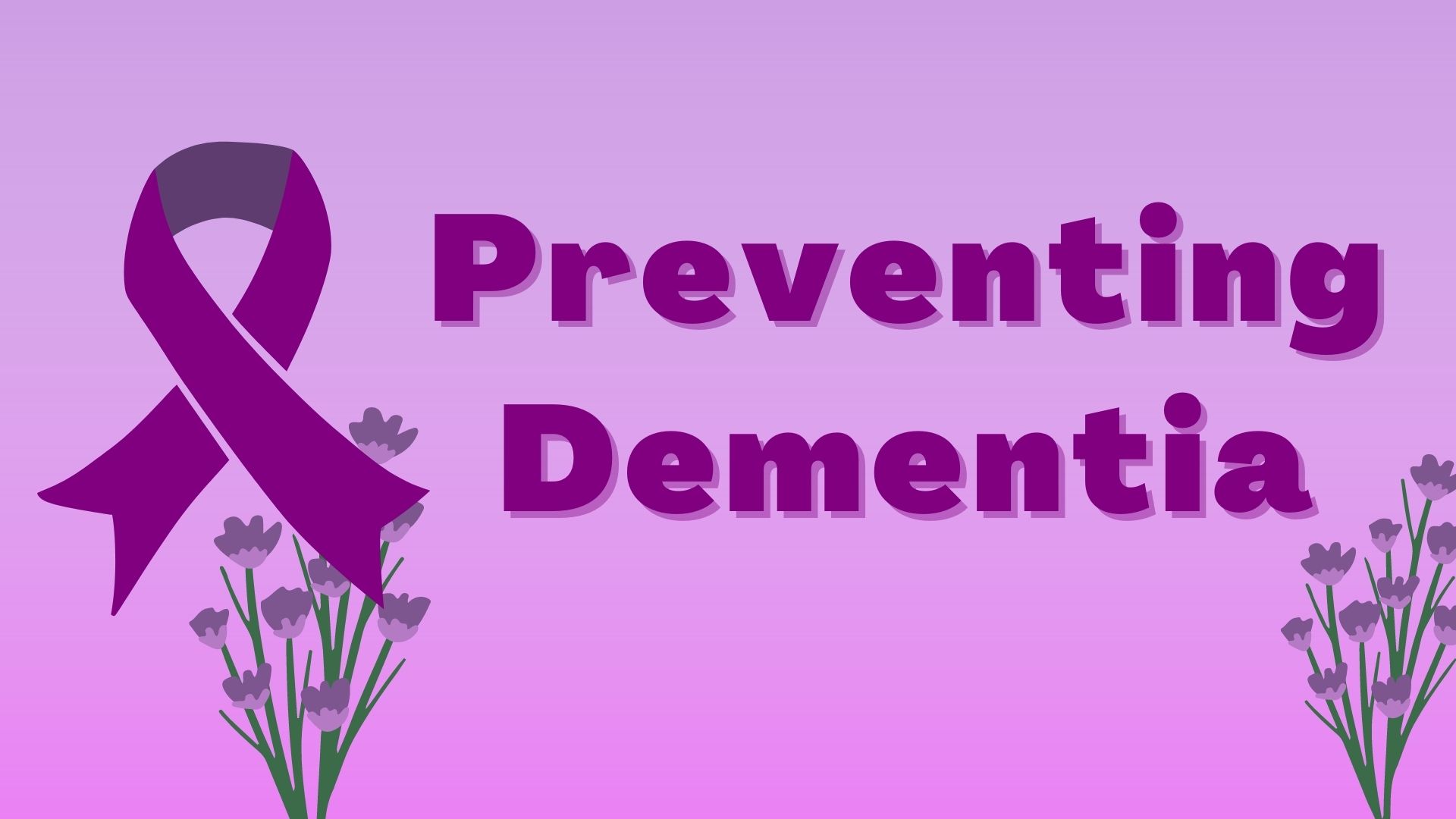What if you could prevent dementia by having fun and being social? According to studies reported in the Journal of Alzheimer’s Disease, activities like those offered by Poolesville Seniors can help you decrease your risk of dementia.
Research involving participants over the age of 65 who were free of dementia at the beginning of the study assessed the participants’ cognitive abilities and their social interactions.
The results found that those with higher levels of social interaction were less likely to develop dementia. The activities included reading the newspaper, Tai Chi, walking, trying new things, having an active approach to life and maintaining an active social life. Those involved in a highly interactive discussion group like our monthly book club or weekly trivia game, increased their brain volume according to MRIs.
Most of us seem to have some occasional memory problems. Mild cognitive impairment (MCI) is a condition where thinking and memory skills are somewhat diminished, and yet day-to-day functioning often remains intact. Some people with MCI decline steadily and develop Alzheimer’s disease, while others remain stable or even improve in cognition over time. But even small changes can help.
Neuroplasticity is the process of maintaining, repairing, and creating new neural connections in the brain. To reduce our risk of developing memory loss, research tells us that we need to engage in a variety of activities that provide mental stimulation. The key is variety. Engaging in one single activity will maintain a very limited set of neural connections. For example, completing crossword puzzles or word searches primarily strengthens neural connections related to words and language. While these are good activities, real and lasting neural connection growth emerges from learning new skills. Novelty and change activate new neural pathways in the brain.
When we do the same things the same way every day, we are only strengthening existing pathways in our brain. Varying your routine doesn’t involve drastic changes. Perhaps some days you read the morning paper at the kitchen table and other days you read it out on the deck. Maybe sometimes, you even go down to a local restaurant to read your paper and have breakfast. These little deviations add novelty and change to your life and your brain. Learn something, try something new or do something in a new or different way, your brain will thank you.

